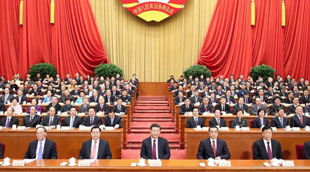The investigative arm of police—the Criminal Investigations Directorate (CID)— weakened under former police Chief Kale Kayihura’s 13-year reign, in part because of disagreements with senior investigators like Godfrey Musana and AIGP Grace Akullo, the current head of the outfit.
Kayihura cut CID’s budget and always ensured the major cases went to the new outfits like Special Investigations Unit (SIU), whose control he put under loyal commanders, some without requisite training and experience, critics say.
Some of them were not trained police officers and their only claim to fame was that they had been reformed criminals who understood the inner workings of the criminals they were supposed to be chasing. To make up for their weaknesses, critics say, these elements often arrested and pinned suspects that turned out to be innocent.
President Yoweri Museveni has recently turned to CMI, the intelligence outfit of the military to take lead in these investigations.
But Egesa says the military might not have skills in handling domestic intelligence and investigations. Even if they do, he adds, the authorities need to ensure that the proper procedures of criminal investigations are integrated into the military. Otherwise, he fears, the way they handle these investigations could taint the image of the military.
Egesa points out that the pace of the security agencies is very slow yet crime is changing rapidly and criminals are changing techniques rapidly.
Army Spokesperson Brig. Richard Karemire, declined to go into the details surrounding the investigations.
“Let us not go into all sorts of interpretations now,” Brig. Karemire told The Independent, “At an appropriate time, the investigating team will give an analysis of their investigations.”
He added; “His excellence the president has given the update and that is where we are at.”
Following Kirumira’s murder, President Museveni personally visited Busega police station and later moved to the crime scene about two and a half hours later. While there, he picked two witnesses and took them back to State House with him. Later on, he gave two addresses to the nation addressing the security challenges.
The address was a build-up on another he gave to parliament on June 20 outlining what he intended to do to address the security challenges.
Amongst these were; finger printing all the guns in Uganda; requiring every motor-vehicle and every piki-piki to have electronic number plates installed at the cost of the owner or inserted in the engine; and installation of cameras on the town roads and streets and also along the highways, amongst others.
 The Independent Uganda: You get the Truth we Pay the Price
The Independent Uganda: You get the Truth we Pay the Price


